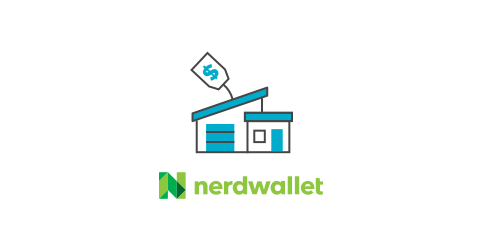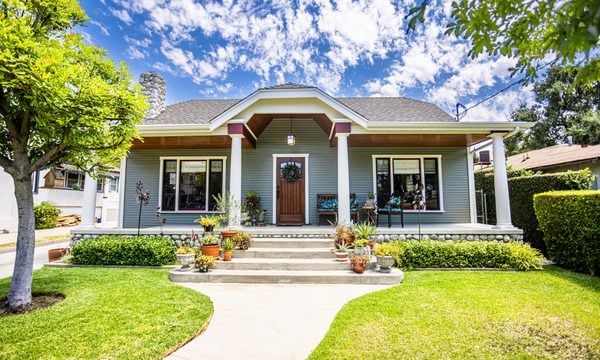Cost to Refinish Hardwood Floors in 2026: Is It Worth It?
Hardwood floors cost $3 to $8 per square foot to refinish, depending on the process and wood type.
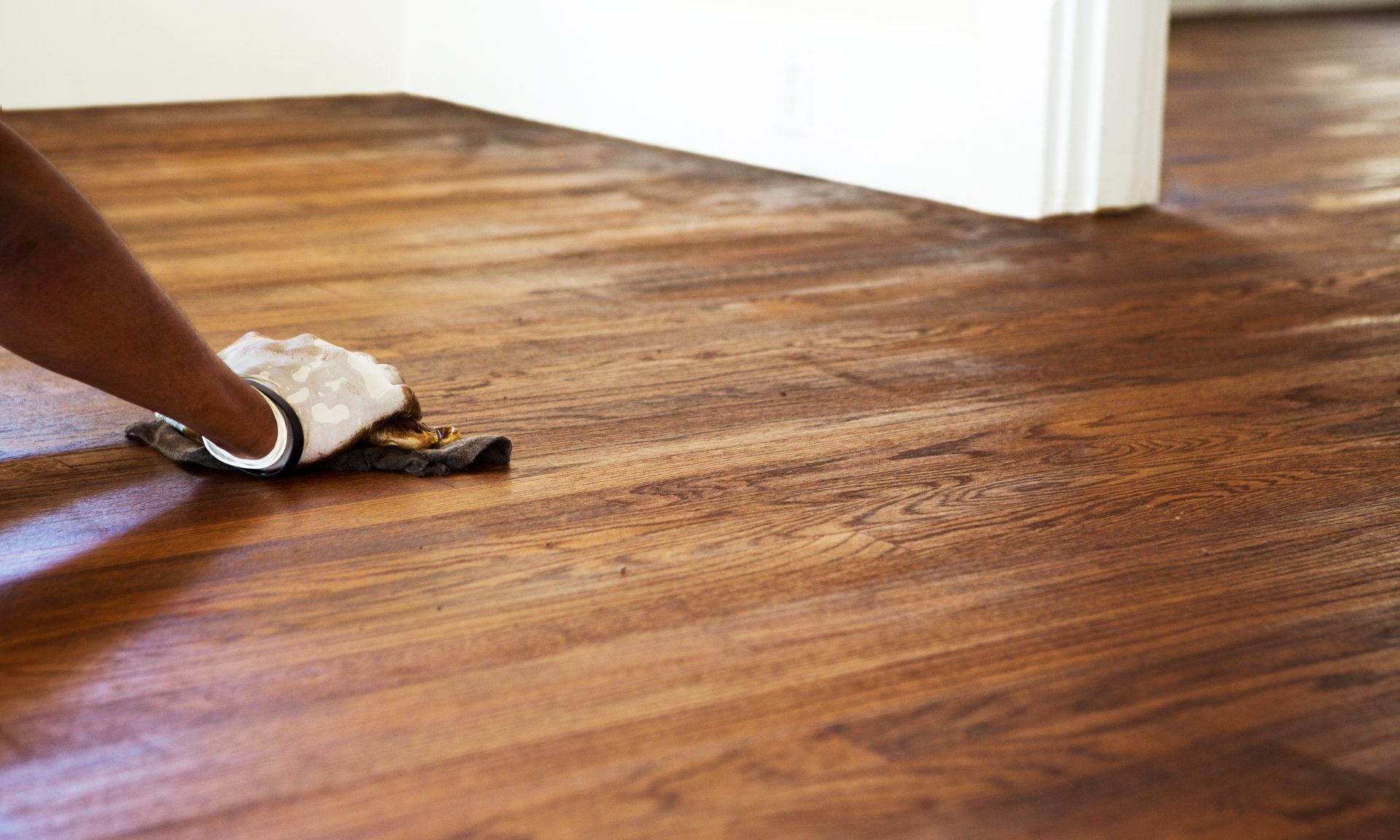
Many, or all, of the products featured on this page are from our advertising partners who compensate us when you take certain actions on our website or click to take an action on their website. However, this does not influence our evaluations. Our opinions are our own. Here is a list of our partners and here's how we make money.
It costs an average of $3 to $8 per square foot to refinish hardwood floors, depending on floor size, material, labor costs and finish . This means that a single room could cost a few hundred dollars, while refinishing floors for a 1,000-square-foot house could cost $8,000 or more.
Refinishing hardwood floors typically increases home value and provides a positive return on investment (ROI), making it a worthwhile project for homeowners. Your specific ROI will depend on factors like the state of your floors before refinishing and how much you spend on your project.
Cost factors
Size
The square footage of the space will play a large role in calculating the final price.
- 40 square feet: $120-$320.
- 100 square feet: $300-$800.
- 400 square feet: $1,200-$3,200.
- 1,000 square feet: $3,000-$8,000.
Wood type
The type of flooring in your home will be factored into your cost estimate.
- Bamboo: $2-$6 per square foot.
- Cherry: $3-$5 per square foot.
- Engineered wood: $3-$5 per square foot.
- Oak: $3-$5 per square foot.
- Parquet: $3-$5 per square foot.
- Pine: $4-$7 per square foot.
- Mahogany: $6-$8 per square foot.
- Maple: $6-$8 per square foot.
Refinishing process
Your costs will also depend on the refinishing processes required for your floors.
- Sanding: $0.50-$3 per square foot.
- Staining: $1-$3 per square foot.
- Recoating: $1-$2 per square foot.
Additional labor
Several aspects of professional labor could add to your total project costs. Here are a few tasks your floor refinishing team could charge for:
- Moving furniture out of your home and back in once the floors are done.
- Removing carpet or vinyl floors over the hardwood.
- Cleaning up dust and debris after refinishing.
Advertisement
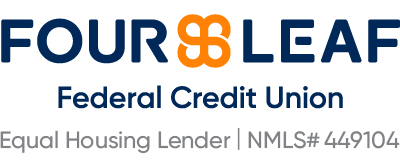
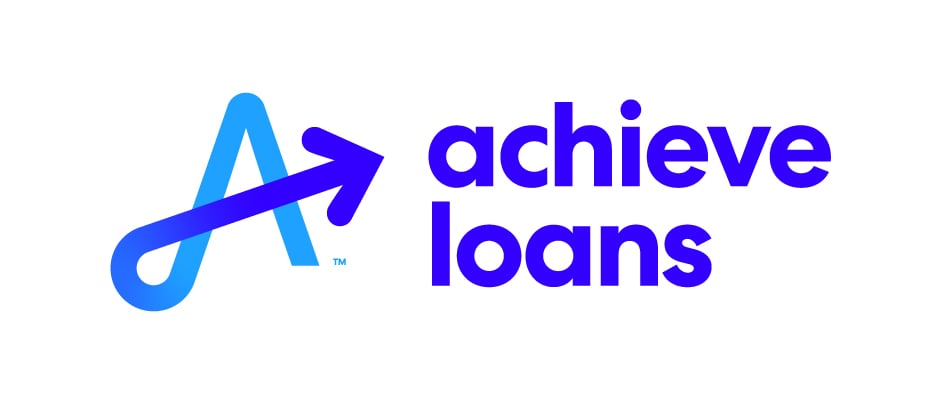

HELOC & Home Equity Loans from our partners

on FourLeaf Federal Credit Union
FourLeaf Federal Credit Union 

Min. credit score
670
Max. loan amount
$1,000,000

on Achieve
Achieve 

Min. credit score
600
Max. loan amount
$300,000

on Figure
Figure 

Min. credit score
600
Max. loan amount
$750,000
Does refinishing hardwood floors add value?
Refinishing hardwood floors can be one of the highest-value home improvement projects. According to the National Association of Realtors’ 2022 Remodeling Impact Report, refinishing hardwood floors had greater cost recovery than every other interior project measured . By their estimate, the average homeowner spent $3,400 on this project and gained $5,000 of value, recovering 147% of the project investment.
When refinishing hardwood floors is worth it
Refinishing your hardwood floors can be a worthwhile project if:
- Your floors have noticeable cosmetic damage. Floor refinishing is best for getting rid of old scrapes, stains and scuffs so that everything looks like new.
- You're unhappy with your current finish. If you want to change the look of your floors, especially if they're discolored or dull, then refinishing is likely the way to go. You can typically refinish them for much cheaper than replacing them.
- You're planning on selling your home soon. Floor refinishing projects can often have a high ROI, so this could be a good move if you're simply trying to boost home value.
When refinishing hardwood floors isn't worth it
A hardwood floor refinishing project isn't right for every home. Here are some scenarios where you might not be better off doing another project:
- Your floors have serious water damage. Water can seep beneath hardwood floors and cause issues like mold and wood rot. Floor refinishing won't be enough to fix those things.
- Your floors only have minor cosmetic damage. If the damage on your floors is barely noticeable, it might be better to wait a few years and refinish your floors when they're a little more worn down.
- Your floors are thin. If your floors are too thin for refinishing, then you might have to replace them entirely.
What Reddit users say about hardwood floor refinishing
Reddit is an online forum where users share their thoughts in “threads” on various topics. The popular site includes plenty of discussion on financial subjects like home improvement, so we sifted through Reddit forums to get a pulse check on how users feel about whether a hardwood floor refinishing project is worth it. People post anonymously, so we cannot confirm their individual experiences or circumstances.
Reddit users who have completed hardwood floor refinishing projects stress the importance of making sure refinishing is the right move instead of total replacement. Users recommend replacing a floor instead of refinishing if there is too much damage to the floors or there are deep-set stains, especially from pet urine. In response to those who ask about refinishing quotes, some users pointed out that even a small space could have a larger-than-expected quote if the layout is difficult to refinish.
Frequently asked questions
Is it cheaper to refinish hardwood floors or replace them?
It's almost always cheaper to refinish hardwood floors than to replace them. Replacing your hardwood floors involves more materials, labor and demolition work than simply refinishing them. Depending on the wood you source, you could be spending over three times as much to replace your floors instead of refinish them.
How long does it take to refinish 1,000 square feet of hardwood floors?
On average, you can expect the refinishing process for 1,000 square feet of hardwood floors to take 3 to 5 days.
How long it will actually take to refinish your hardwood floors will depend on the size of the refinishing team, the layout of the home, the materials being used and the type of finish you want. A home with a straightforward layout or a larger team working on it could be completed sooner, while smaller teams or more complicated projects could take up to 7 days or longer.
How much does it cost to rent a floor sander for a day?
Renting a floor sander typically costs around $40 to $60 per day. The price will vary depending on the model and size of the machine, as well as where you're renting it from.
For example, a drum floor sander with an 8-inch sanding path might cost about $66 a day when renting from Home Depot in Charlotte, NC, but $70 when renting from Home Depot in Colma, CA.
Article sources
NerdWallet writers are subject matter authorities who use primary,
trustworthy sources to inform their work, including peer-reviewed
studies, government websites, academic research and interviews with
industry experts. All content is fact-checked for accuracy, timeliness
and relevance. You can learn more about NerdWallet's high
standards for journalism by reading our
editorial guidelines.
- 1. Angi.com. How Much Does It Cost to Refinish Hardwood Floors?. Accessed Feb 12, 2026.
- 2. National Association of REALTORS. Remodeling Impact Report. Accessed Feb 11, 2026.
More like this
Related articles






